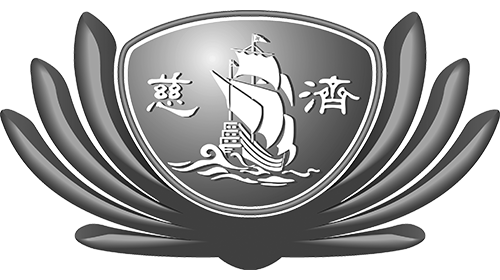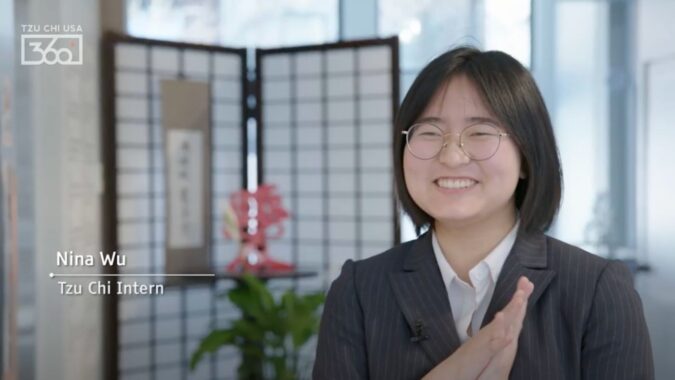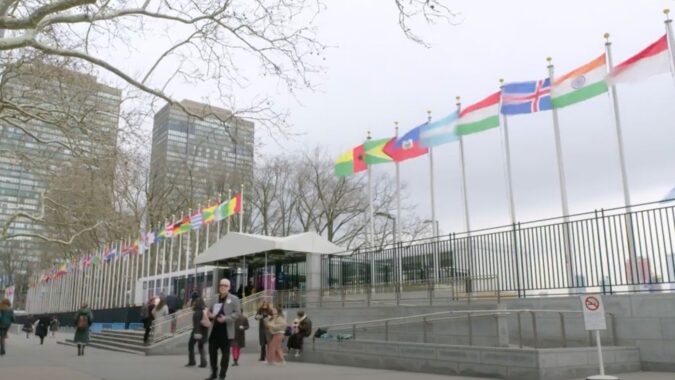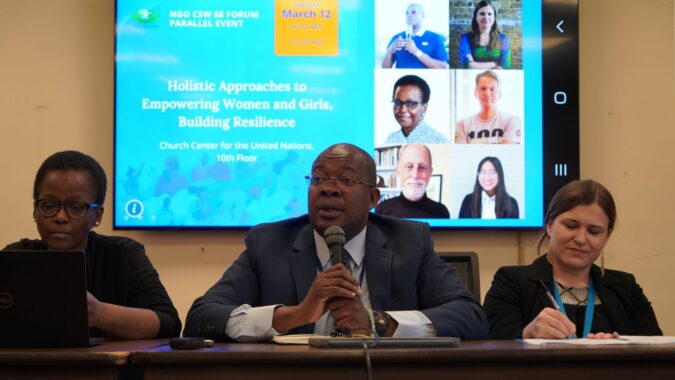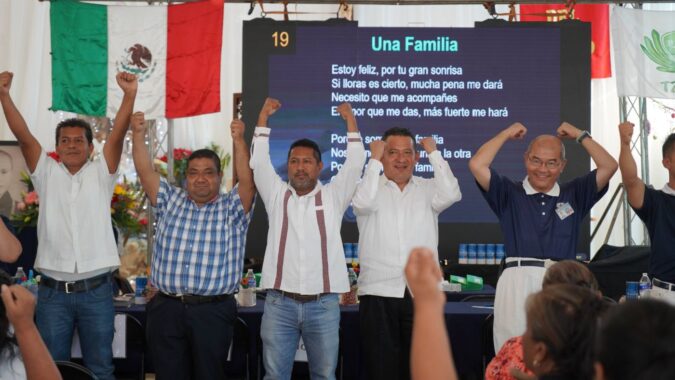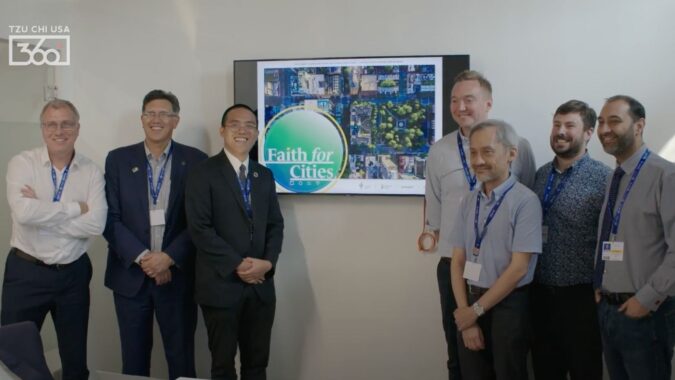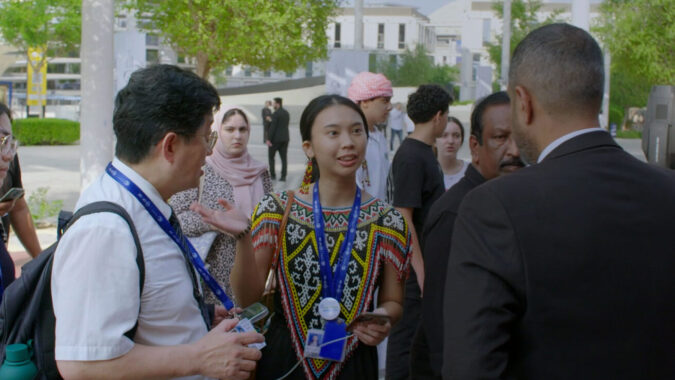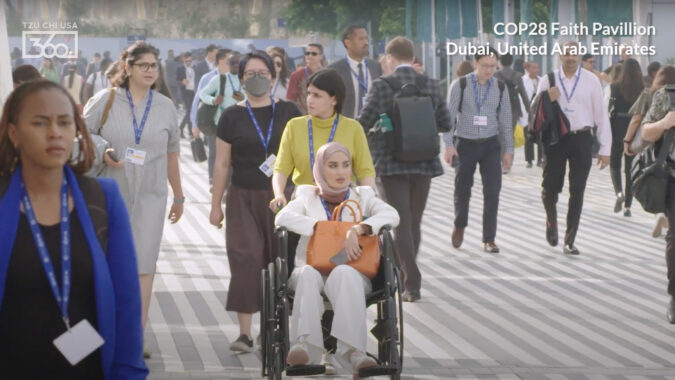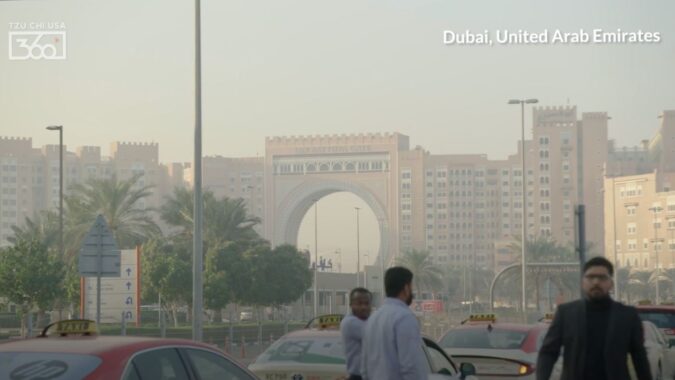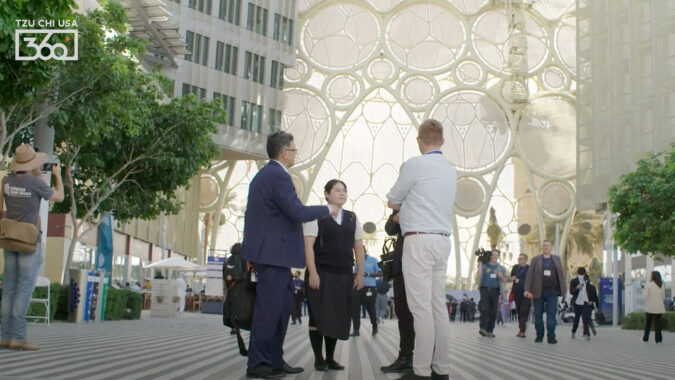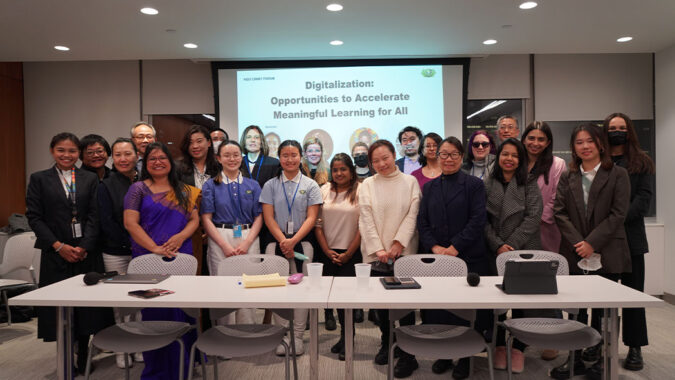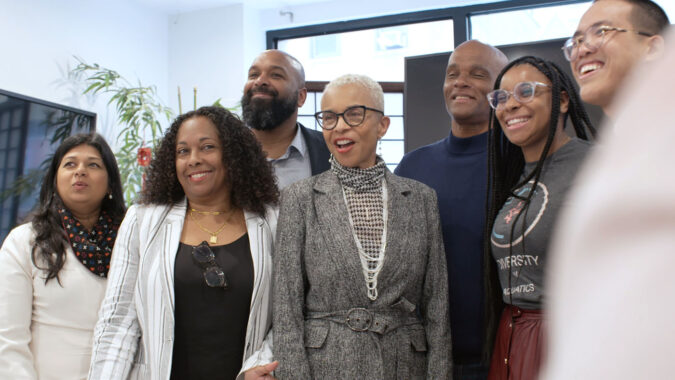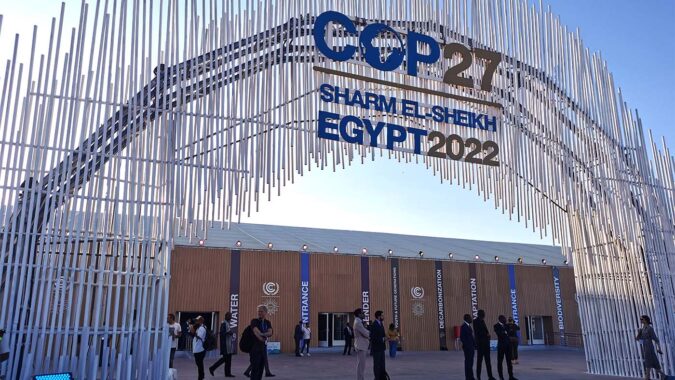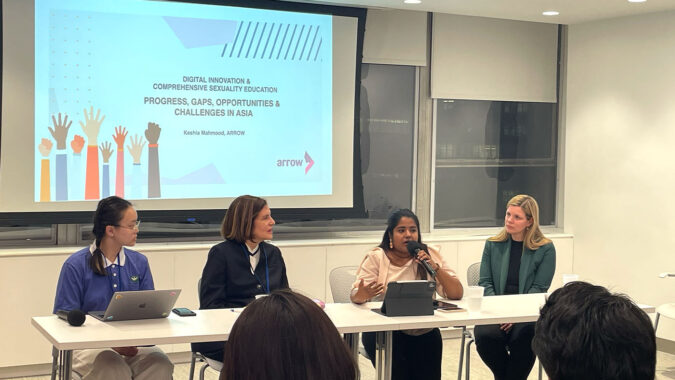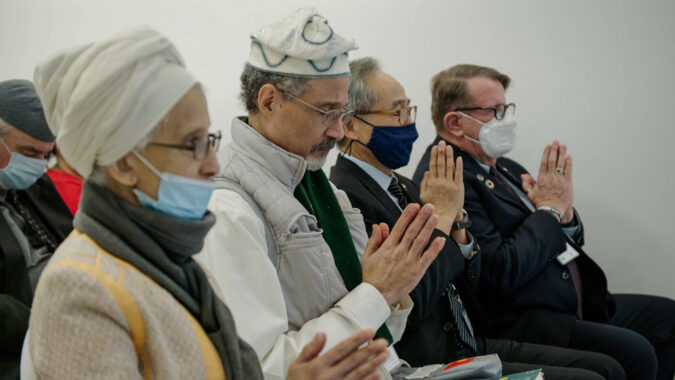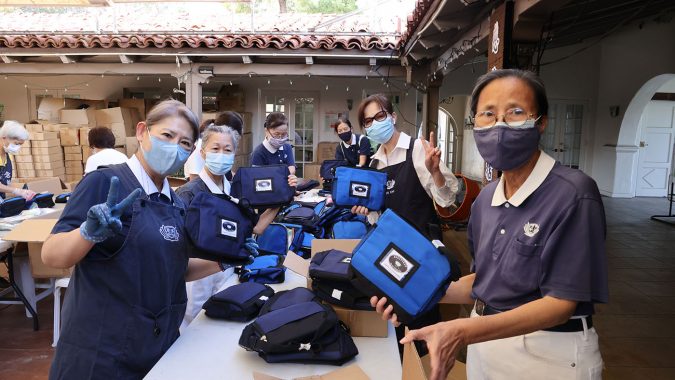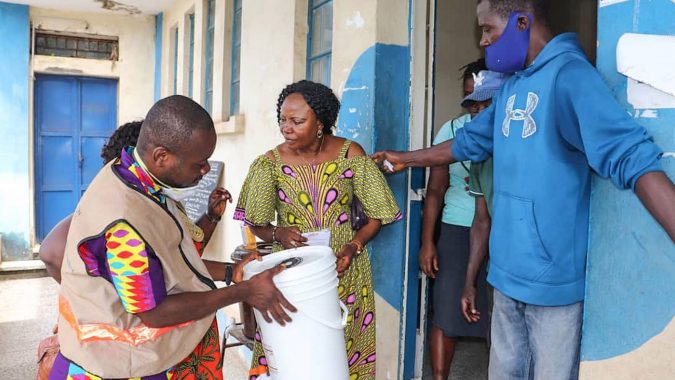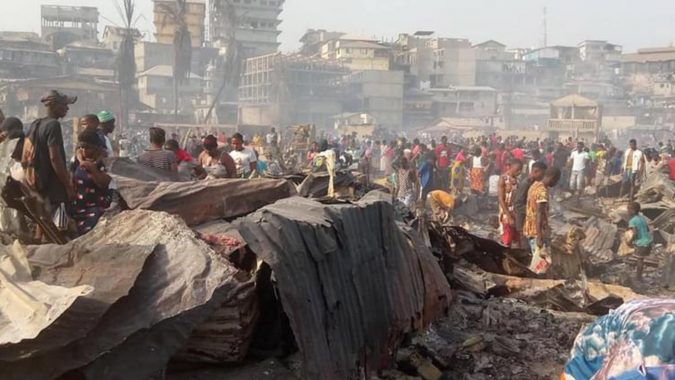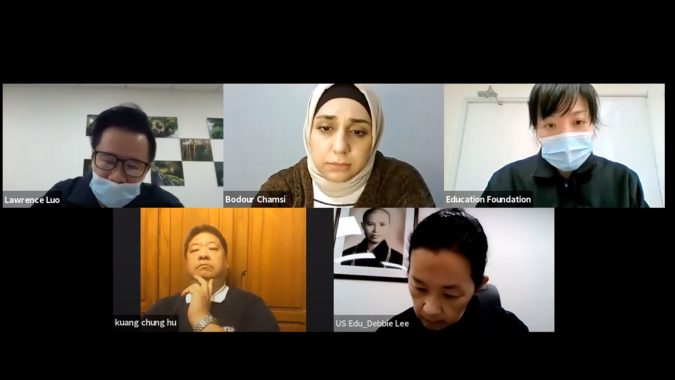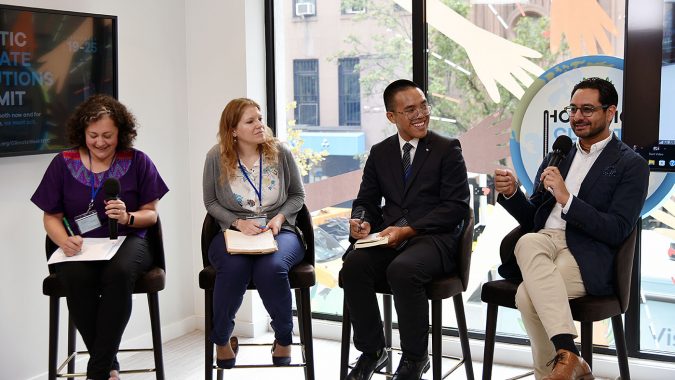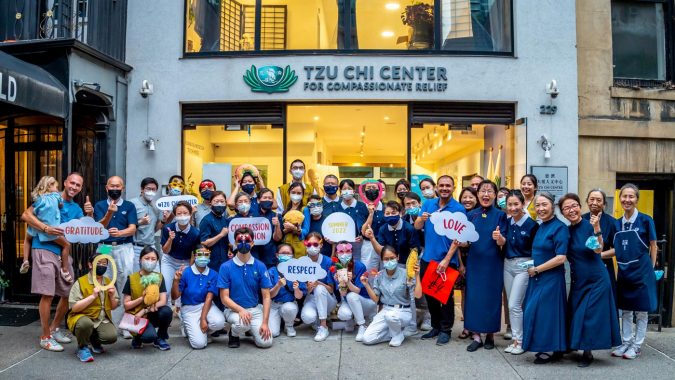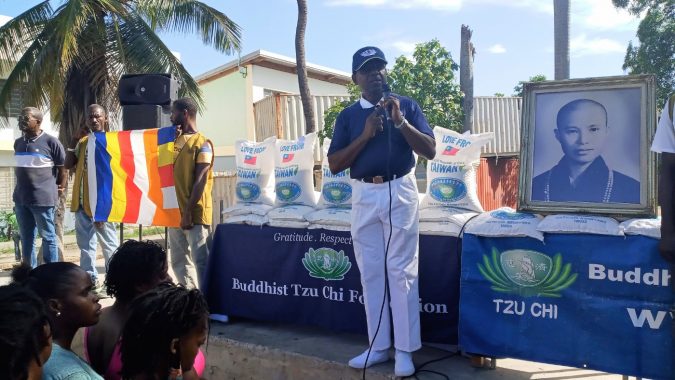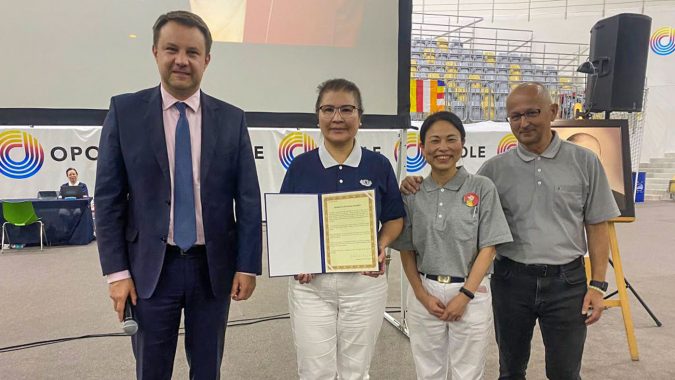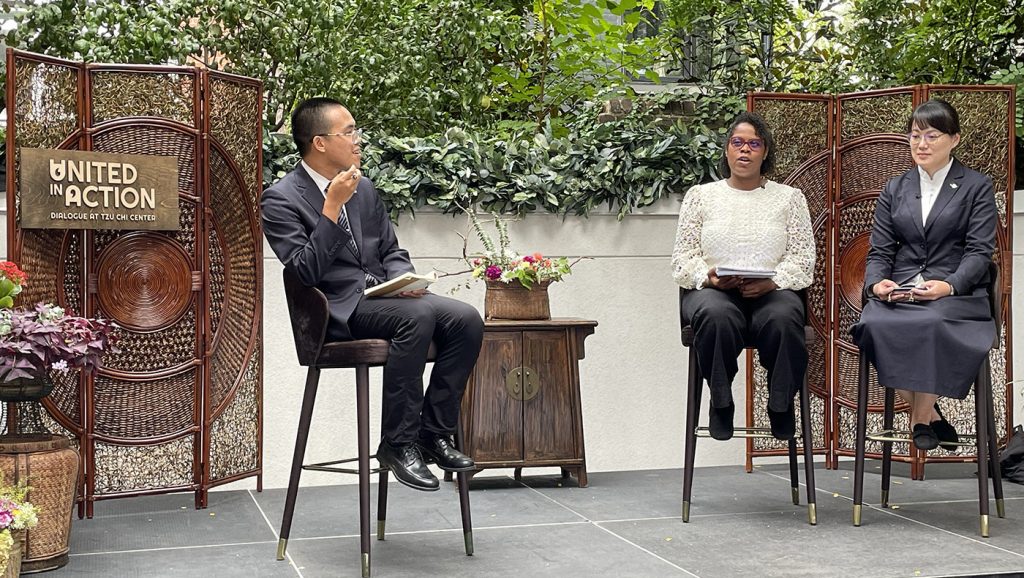
Written by Anna Sipek
As of this weekend, the Holistic Climate Solutions Summit in New York City has come to an end, but its impacts will continue to reverberate. Over the course of seven days, the Tzu Chi Center had hundreds of participants both in-person and virtually gather from dozens of countries, organizations, and perspectives with one purpose: developing holistic solutions to the climate crisis.
While the first days of the Summit were focused on the specific areas of action, the last days were dedicated to envisioning and developing the future we want and then reflecting on the days of community-building, brainstorming, and unity. According to our panelists, participants, and producers, these are the ideas that will drive our future:
Reimagining the Way We Aid Others
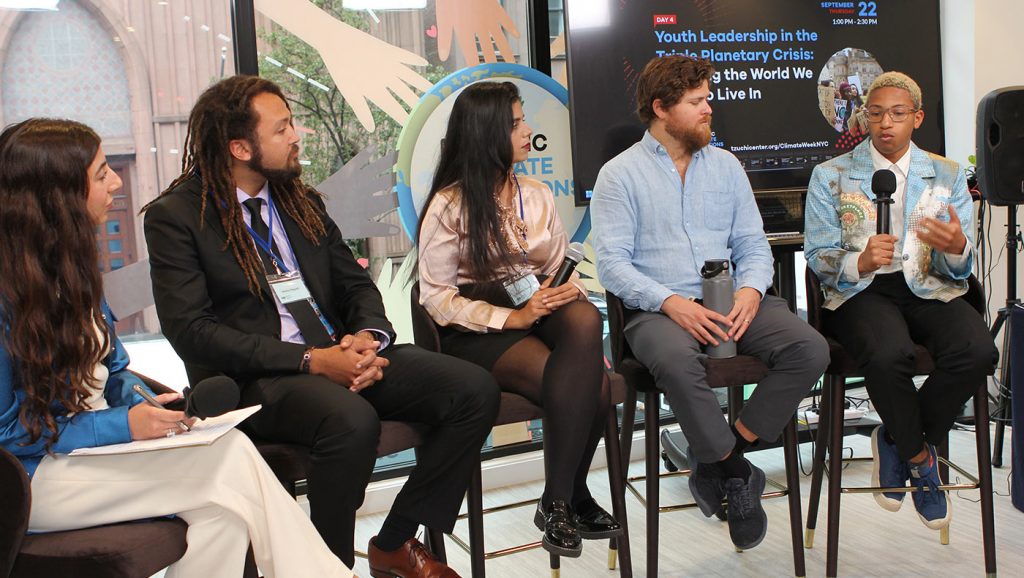
Being able to save, help, and serve others is the greatest happiness.
Jing Si Aphorism
Throughout the Summit, there was a resounding push for integrating love and respect into organizations that provide aid or service to those who are facing climate disasters.
“Oftentimes,” said Steve Chiu, Tzu Chi Representative to the United Nations and Holistic Climate Solutions Summit organizer, “we can perceive victims of the climate crisis as people without a sense of agency, without knowledge, that it’s their fault this happens to them.” But, this isn’t the case.
“[Aiding others] is about creating that acknowledgment that you have the knowledge right here in this community. You have the ability right here in this community,” argued HCSS co-organizer Reverend Dallas Conyers. “It’s also about putting in wealth generating cycles so that the community can build its own financial structures and its own financial connections even after that organization leaves.”
“If we try to work with these communities we’re not simply giving them the tools they need,” Mr. Chiu urged, “but removing obstacles so they can do what they need to do.”
Sarah Chu, Tzu Chi Representative to the United Nations, told the story of Myanmar in 2008. Struck by a major environmental disaster, many in Myanmar faced food insecurity, homelessness, and the death of their loved ones. On the scene days later, Tzu Chi volunteers provided people in Myanmar with hearty rice seeds. Months later they heard a story of a farmer they had helped, who after receiving the rice, set aside a handful of his crop every day to give to the less fortunate in his hometown.
Learning to Take Responsibility for our Actions
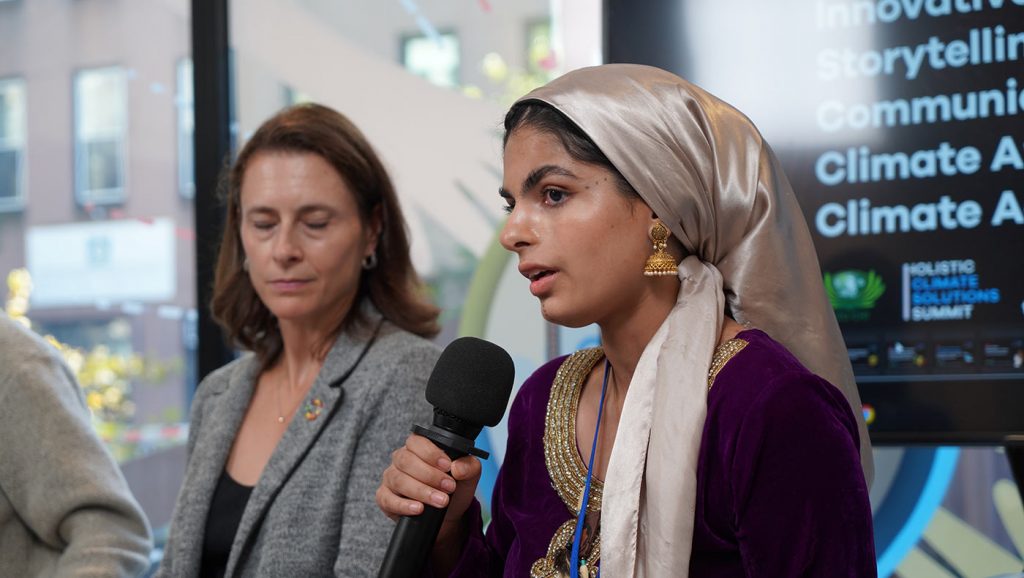
Repentance is a confession of the soul and a major cleanup of spiritual pollution.
Jing Si Aphorism
”When I think about the role of folks from the US,” said Mara Dolan “I really think about what our role is for accountability and justice in solidarity with folks within Climate Action Network International.”
Compared to other countries around the world, the United States is by far one of the largest drivers of climate change. Advocates both in the US and outside of it are now pushing for US lawmakers to act, and take responsibility for their role in the planet that we see today with a simple, but effective policy: loss and damage.
“Loss and damage is the acknowledgment that we are experiencing massive losses: loss of life, loss of culture, loss of identity, loss of that impetus to just go on and do better,” explained Reverend Conyers. “We’re having these losses faster than we can adapt, physically, mentally, socially, and economically.”
Loss and damages go beyond just the recognition of harm, however. It is often coupled, particularly by the Alliance of the Small Island States and the Least Developed Nations Group, with a redistribution of resources that will really equip countries to be resilient against the effects of the climate crisis that they are already feeling.
“We are recognizing [the irony] that our country can find endless money for wars,” offered Mara Dolan, US Program Manager for the Women’s Environment and Development Organization, “but we can’t find the money for loss and damage for the climate crisis which in many ways our country is most responsible for creating.”
“It’s a lot of our fault,” admitted Rev. Conyers; “we have to fund it because we are a part of a global community.”
Finding a Way to Get Involved
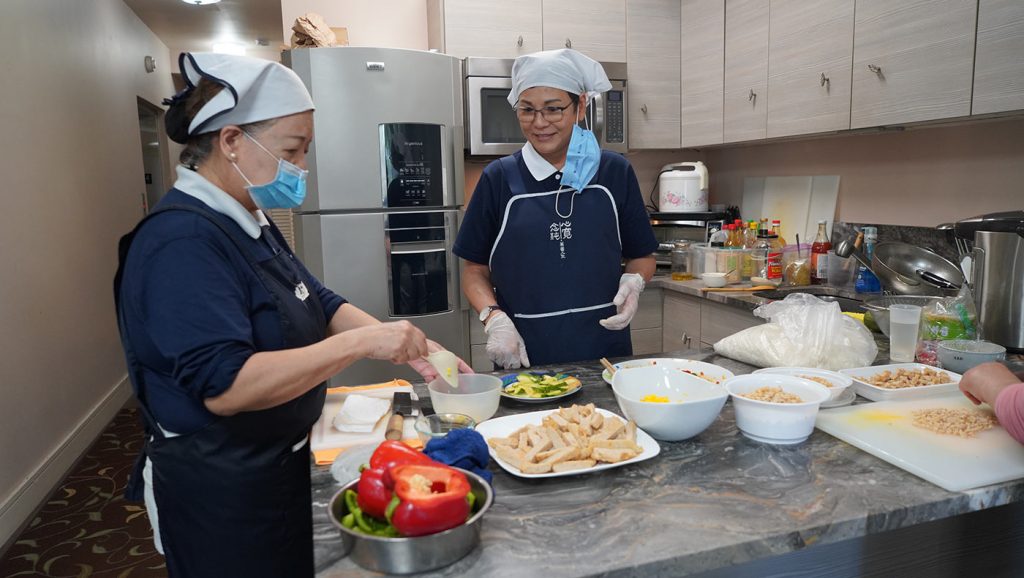
It is easy to reflect on major mistakes, but hard to eradicate small bad habits.
Jing Si Aphorism
Many across the Summit resonated with the theme of this Climate Week: Getting It Done. It is beyond time to do our part in service to the larger movement towards climate action. Change needs to happen on a systemic level, but individuals too have the power to change the way the world is run.
As we learned in our panels on Animal Welfare and Plastic Pollution, personal changes like going vegetarian/vegan or putting effort into using reusable items and limiting single-use plastic consumption can change economies and help the planet.
“Find who you are then take up your spot in this global revolution,” said Rev. Conyers. “Take your voice out there and make sure you’re heard.”
